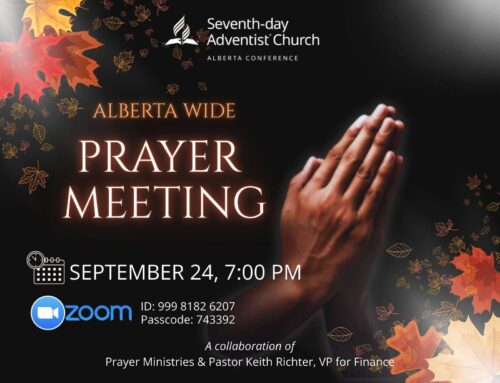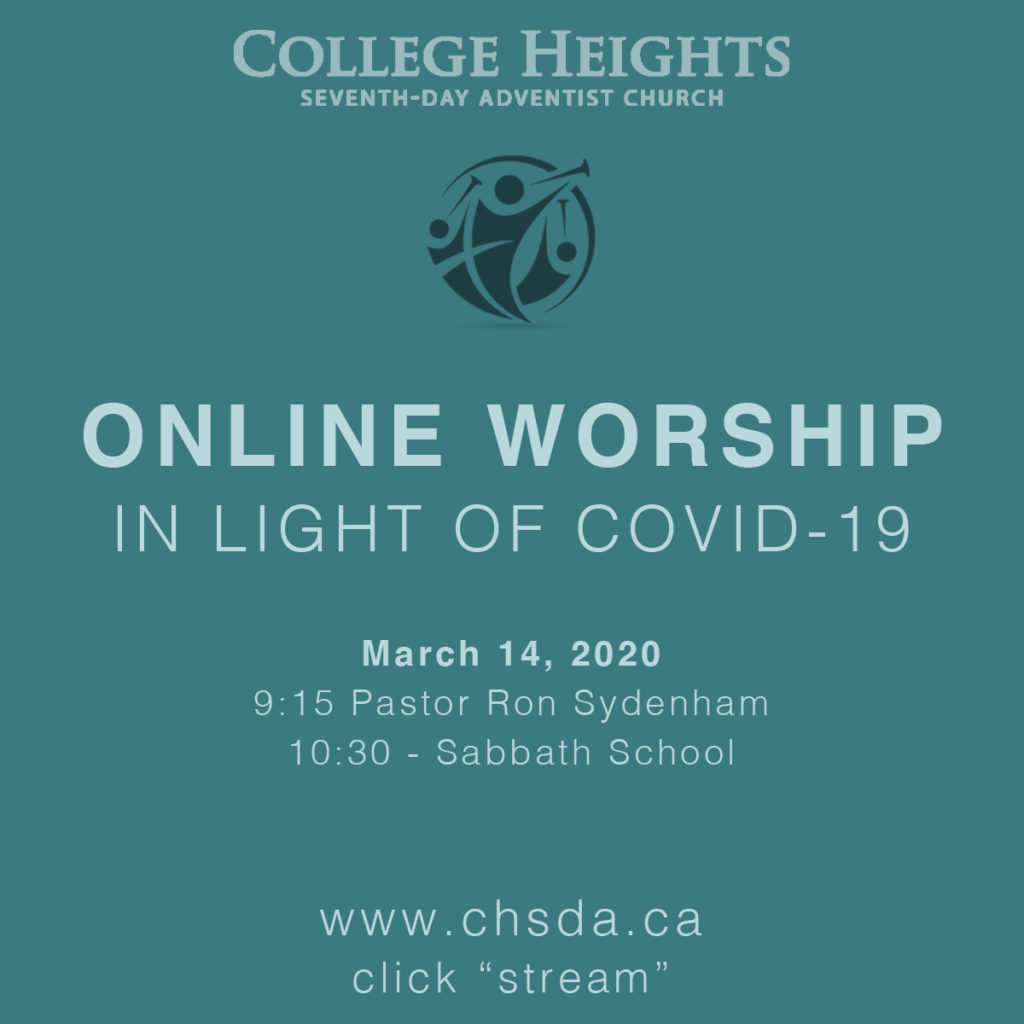Ready for Easter?
Are you ready for Easter? It’s not a question we hear nearly as much as its twin question in December, “Are you ready for Christmas?” Yet Christians have celebrated Easter from the very beginning. The resurrection of Jesus was the raison d’etre for the formation of the Christian church. Our earliest surviving Easter sermon is from Melito of Sardis, and dated between 160 and 170 A.D. In contrast, evidence of Christmas observance dates to the fourth century and only gained its current importance much later.
Today, Christmas is the Christian celebration to which we give enormous care and attention. We are celebrating the birth of our Saviour and that is worthy of preparation! Now, what about Easter? Has anyone asked you if you are ready for Easter? Not the consumer, frazzled, exhausting, to-do list we commonly have in mind for Christmas. No, a better phrasing of the question might be, “What spiritual preparations are you making for the annual celebration of Christ’s resurrection?
Let’s start by looking at what the early Christians did. We have a record of their activities in Jerusalem in 385 A.D. during the week before Easter because Egeria, a wealthy woman traveler from Spain, wrote her observations during the three year trip to the Holy Land. At 5:00 in the afternoon on the Sunday before Easter the Jerusalem Christians walked from the top of the Mount of Olives to the city with palm and olive branches to commemorate Christ’s triumphal entry into Jerusalem before the Passover. Parents carried young children on their shoulders. The entire congregation moved slowly to accommodate the older worshippers. From Monday through Thursday people meet at 3:00 p.m. for prayers, hymn singing and readings. Everyone fasted as they were able. Egeria observes that those who fasted more were not praised nor were those who did less criticized. Thursday night through Sabbath morning is intense with worship services and vigils at the Gethsemane and the site of the cross. Again, congregants did what they were able. Egeria notes, “Some cannot watch till morning, and they do not stay.” No judgement. We get a picture of communal spiritual preparation that is rigorous yet flexible and inclusive
Our lives today aren’t set up for meeting everyday at 3:00 or keeping long night vigils. Nor do we have the strong communal support for getting ready for Easter that Egeria experienced in Jerusalem. However, I imagine the early Jerusalem Christians would encourage us to do what we can. No judgement. What can you do to open yourself to the gift God gives us in the resurrection of Jesus? Possibly some quiet time with Jesus? Music on Christ’s sufferings abounds. Listen to some of it. Take a walk. Look for signs of spring after the deadness of winter, the pussy willows or swelling buds on the tree. Ponder what feels dead inside you. Contemplate what needs resurrecting in you. Give it over to God. Where do you need repentance and forgiveness? Name it and surrender it to the loving mercy of God. Read the accounts of the Last Supper, Gethsemane and the crucifixion in all four gospels. Ellen White wrote, “It would be well for us to spend a thoughtful hour each day in contemplation of the life of Christ. We should take it point by point, and let the imagination grasp each scene, especially the closing ones” (White, 83).
Then we receive the transformative power of the resurrection again. What Melito of Sardis wrote for that long ago Easter sermon is as true today as it was in the second century A.D.
This is the one who delivered us from slavery into freedom, from darkness into light, from death into life, from tyranny into an eternal kingdom, and who made us a new priesthood, and a special people forever.
Are you ready for Easter?
Bibliography
1. Egeria, and John Wilkinson. Egeria’s Travels. 3rd ed. Aris & Phillips, 2006
2. Larsen, Timothy, ed. The Oxford Handbook of Christmas. First Edition. [Oxford Handbooks]. Oxford University Press, 2020.
3. White, Ellen G. The Desire of Ages. Pacific Press Pub. Association, 1898.
4. Sardis of Melitus. “On the Passover.” Krux: A Journal of Biblical Theology. 4, no.1 (1989). Accessed April 11, 2025. https://kerux.com/doc/0401A1.asp








